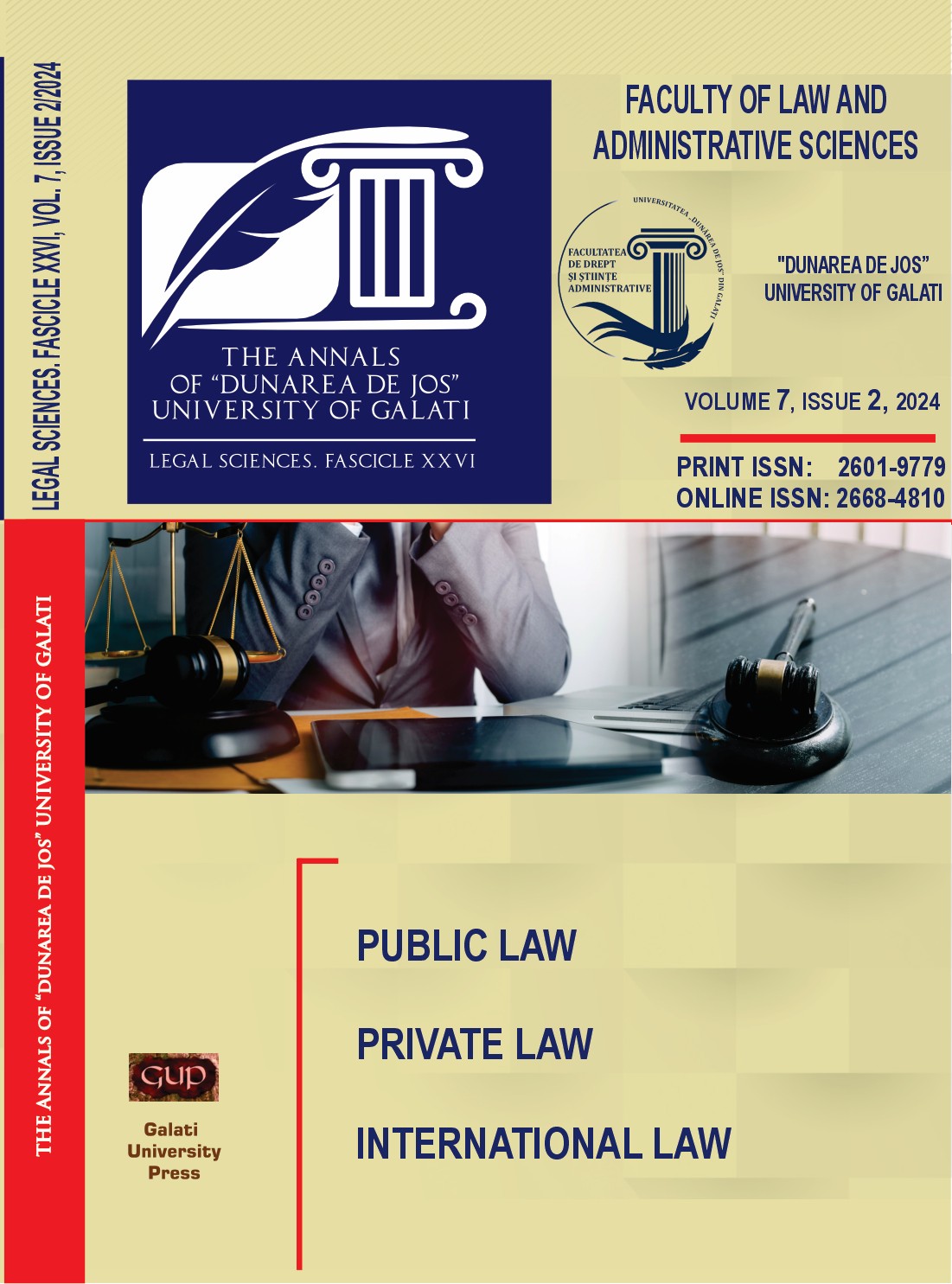Strategies of the European Institutions on Cyber Security, Artificial Intelligence, Algorithms
Abstract
Objectives: Algorithms are becoming more widely used in decision making. However, as they become more prevalent in everyday life, there is a concerning lack of information among individuals, governments, and researchers about how they work, according to CEPA - the Center for European Policy Analysis. Only now are governments in Europe and the United States becoming aware of the possible ramifications of algorithmic judgments, such as inherent prejudice. Unfortunately, there is limited coordination across transatlantic countries on how to increase openness in algorithmic judgments while respecting developers' intellectual property rights. Recommendations and strategies: In the United States, legislation governing technology, such as the Algorithmic Accountability Act of 2019, has been stuck in Congress. However, among EU member states, France has prioritized algorithmic openness. Results and implications: The European Union institutions collaborated to draft Regulation (EU) 2024/1689 of the European Parliament and Council of 13 June 2024 establishing harmonization provisions on artificial intelligence and amend Regulation (EC) n. 300/2008, (European Union) no. 167/2013, (European Union) no. 168/2013, (IU) 2018/858, (IU) 2018/1139 and (IU) 2019/2144 and Directives 2014/90/IU, (IU) 2016/797 and (IU) Guideline/1, which will be applicable from August 2, 2026.

This work is licensed under a Creative Commons Attribution 4.0 International License.
The author fully assumes the content's originality and the holograph signature makes him responsible in case of trial.


